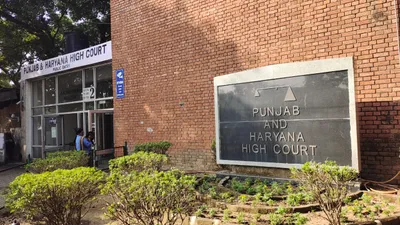
Chandigarh: The Punjab and Haryana High Court has raised concerns over the illegible handwriting of doctors in medico-legal reports and prescriptions, calling it astounding and appalling in the digital age. Justice Jasgurpreet Singh Puri has sought assistance from the Advocates-General of Punjab and Haryana, the UT senior standing counsel, and the National Medical Commission (NMC) to establish remedial measures. The court has also appointed advocate Tanu Bedi as amicus curiae to aid in the matter.
The issue came to light during a case where a medico-legal report was found to be completely illegible and incomprehensible. Justice Puri remarked that despite the availability of computers, doctors continue to write prescriptions and notes by hand, often in a manner that only fellow doctors or chemists can decipher. The court acknowledged that this was not an isolated case but a widespread problem across Punjab, Haryana, and UT Chandigarh.
Right to Know: A Fundamental Right
Justice Puri emphasized that a patient’s right to understand their medical status is directly linked to Article 21 of the Indian Constitution (Right to Life). He stated that knowledge of one’s medical history and prescriptions is essential and should be legible and accessible.
Call for Systemic Reforms
Expressing dissatisfaction with the current state of affairs, the High Court has called for concrete solutions from the authorities. The court made it clear that corrective measures would be explored, not just for government hospitals but also for private practitioners in Punjab, Haryana, and Chandigarh.
With digital solutions readily available, the court’s intervention is expected to push for reforms that could standardize medical documentation and ensure clarity in prescriptions and reports, ultimately benefiting patients and healthcare providers alike.


